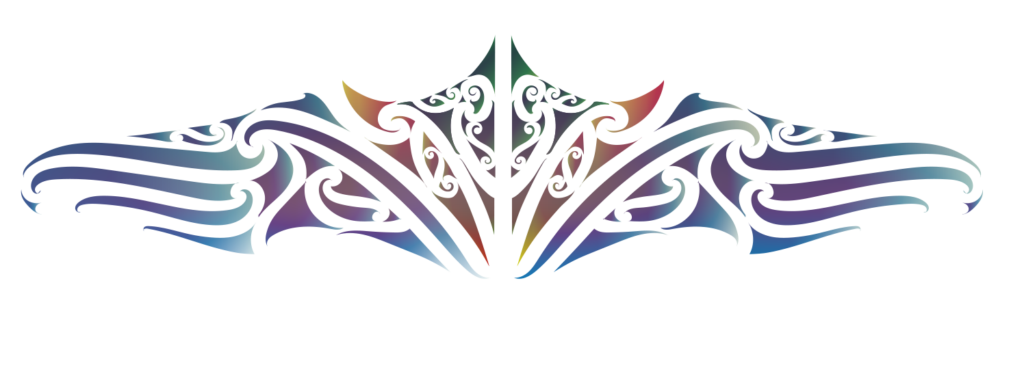“Can freshwater mussels (Kākahi, Echyridella sp.) function effectively as a biological tool for stream restoration?”
Kākahi are taonga species and are highly-valued as mahinga kai by Māori. Kākahi are also ecologically important as filter feeders and ecosystem engineers. Functionally, this species removes algae and particulate matter including potentially harmful bacteria while also creating habitats for other species. For example, they assist with sediment transport through bioturbation and their living and spent shells serve as habitat for other invertebrates. Unfortunately, the species is now classified as “in decline” and there are grave concerns for their persistence. There are knowledge gaps about feeding behaviours and preferences at the individual, population and community levels of organisation which could be essential to informing translocation of individuals and restoration of their habitats. Here we present preliminary research that examines E. menziesi in streams and river ecosystems in the Canterbury and West coast regions of Te Waiponamu. First, field surveys were conducted based on historic knowledge of their distributions. Sites ranged from highly-modified agricultural drains in Canterbury to forested, less human impacted regions of the West Coast. Next, feeding trials were conducted to assess filtration rates across size classes and turbidity levels. Findings show strong relationships between size classes and filtering effeciency. We also conducted seasonal sampling of three different habitats urban, rural and high countryand compared growth rates of tagged individuals over one year. Population growth rates appear to be site specific rather than influenced by latitudinal gradients. Our findings suggest that kākahi reseeding could be instrumental as a biological tool for stream restoration, their ecological functions could act as a catalysts improving stream health and making conditions favourable for translocations and reseeding of more desired taonga species.




